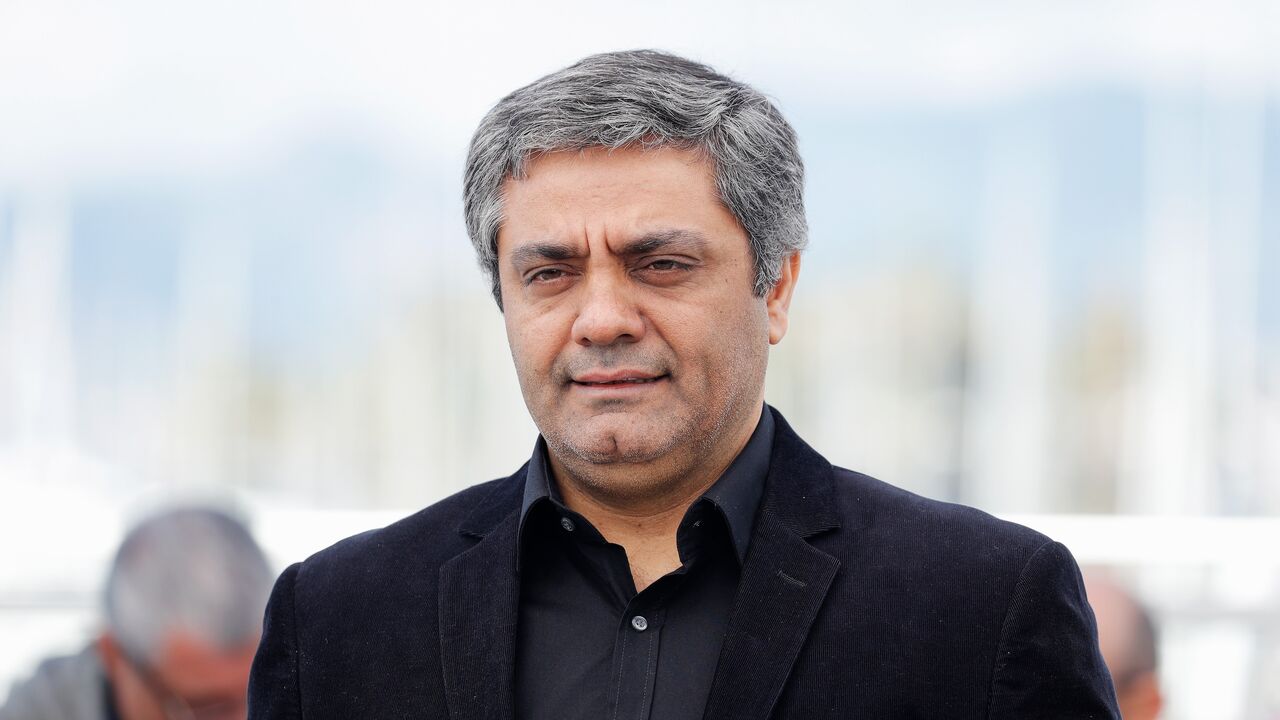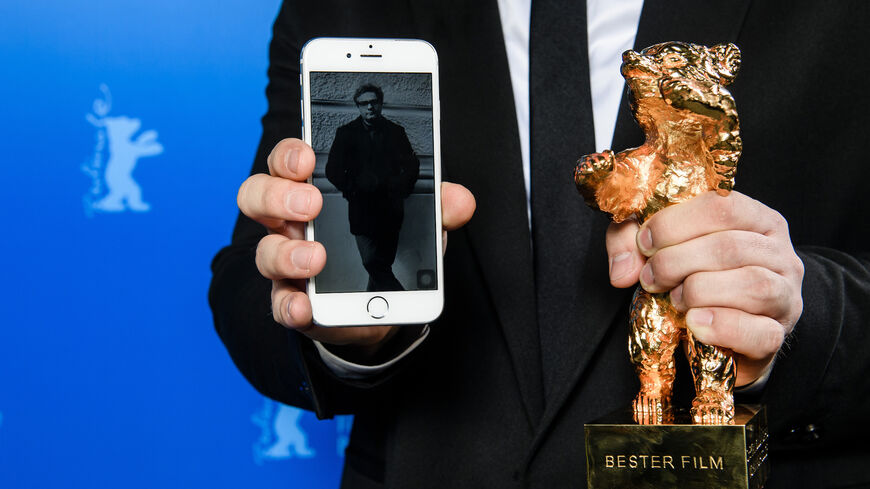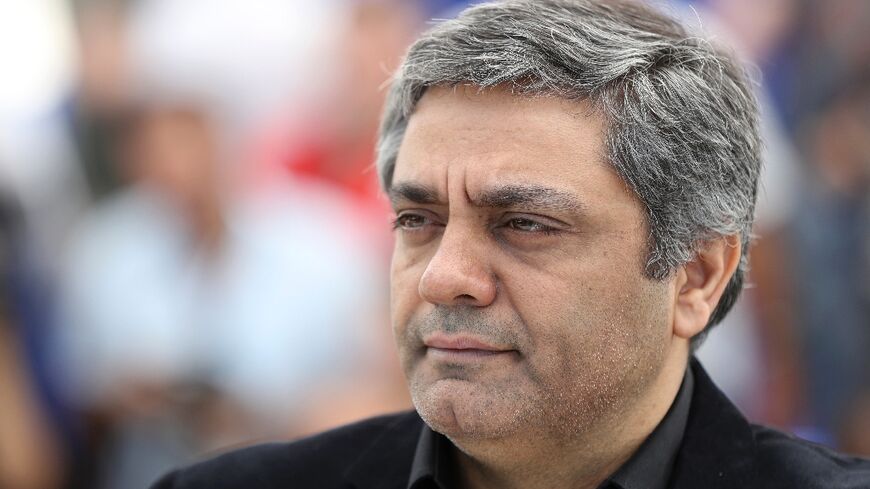Crew of Iranian film barred from traveling to Cannes: lawyer
Mohammad Rasoulof, the director of "The Seed of the Sacred Fig," has been persecuted for his work by the Iranian government.

A group of Iranian filmmakers has been interrogated and barred from leaving the country, their lawyer said on Monday, exemplifying the latest indication of censorship in the Islamic Republic.
Babas Paknia said in a post on X that some of the producers of "The Seed of the Sacred Fig" were summoned by authorities this week and last. Additionally, some of the movie’s actors were interrogated, banned from leaving Iran and asked to request director Mohammad Rasoulof to remove the film from the upcoming Cannes Film Festival, according to Paknia.
Paknia is representing the crew and the actors, Agence France-Presse reported on Tuesday.
"The Seed of the Sacred Fig" was set to debut and compete for an award at the Cannes Film Festival in southern France. The festival, one of the most prestigious in the world, will begin on May 14. The movie’s plot is unclear, and its IMDB page merely lists Rasoulof as the director.
Rasoulof is an acclaimed director. His film "There Is No Evil," which espouses an anti-capital punishment message, won the top prize at the Berlin Film Festival in 2020. Iran has one of the highest execution rates in the world.
Paknia said it is unclear whether Rasoul would be allowed to attend Cannes, citing a case against him. The festival and Iranian authorities did not immediately comment.
Cannes has criticized the Islamic Republic’s repression of filmmakers in the past. In August of 2023, the festival called the imprisonment of Iranian director Saeed Roustaee a "serious violation of free speech.” Roustaee was sentenced over his film "Leila's Brothers," which screened at the festival of 2022 and depicted economic struggles in Tehran.
Why it matters: The news further underscores the repression artists face in Iran. Last week, the Iranian rapper Toomaj Salehi was sentenced to death for the vague crime of “corruption on earth.” Salehi has been a vocal supporter of the Mahsa Amini protests that began in 2022.
In March, Iranian singer Shervin Hajipour was sentenced to three years in prison for his Grammy-winning song “Baraye,” widely considered an anthem of the protests.
In its 2024 country profile, Freedom House noted a lack of freedom of expression in Iran.
“Vaguely defined restrictions on speech, harsh criminal penalties, and state monitoring of online communications are among several factors that deter citizens from engaging in open and free private discussion,” read the profile.
Despite the censorship, Iran has a thriving film industry, and several of the country’s movies have won international praise. In 2012, "A Separation" won the Academy Award for best foreign language film, becoming the first Iranian movie to do so. Around 100 movies are produced in Iran per year.
Know more: Rasoulof has faced legal difficulties in Iran. In 2022, he was arrested after criticizing a government crackdown against protesters in the southwestern city of Abadan. The protests occurred after a deadly building collapse killed more than 40 people. Rasoulof was released in February of last year, according to reports at the time. He has not posted on his Instagram account since announcing his release on the platform.





